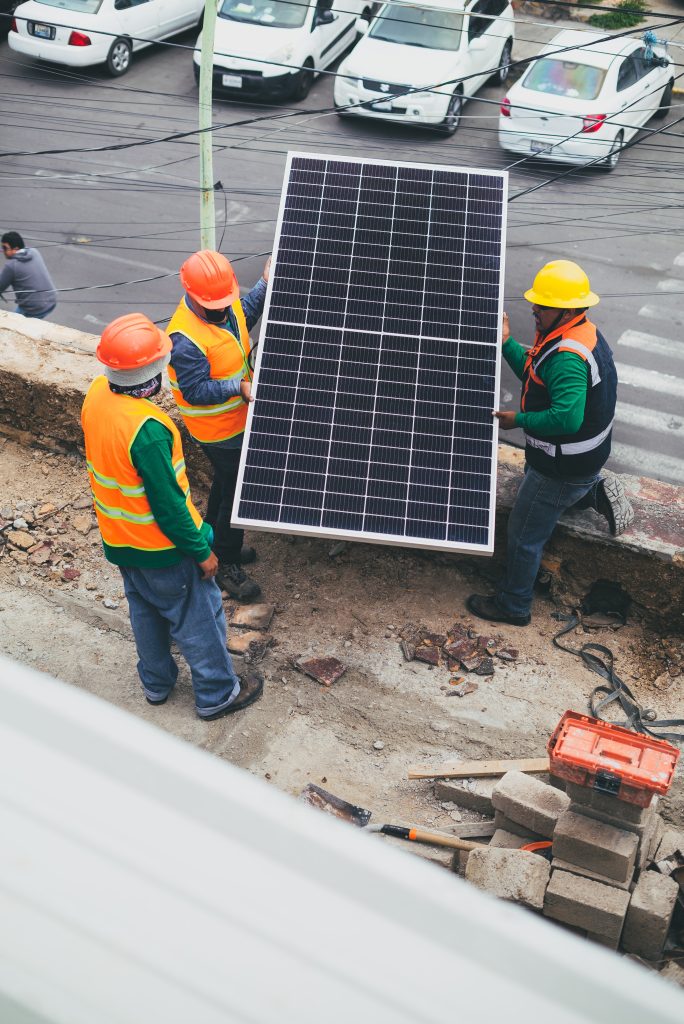
Solar energy is hailed as one of the cleanest forms of energy, and its adoption is growing rapidly worldwide. While the industry has made significant strides in ensuring the safety of its workers, there are still some uncommon accidents that can occur at solar sites. Being aware of these less frequent incidents and the appropriate Personal Protective Equipment (PPE) to mitigate them is crucial for maintaining a safe working environment.
1. Chemical Exposure from Damaged Solar Panels
Solar panels, especially thin-film types, can contain hazardous materials like cadmium or lead. If these panels break or are improperly handled, they can release these chemicals.
PPE to Prevent Exposure:
Chemical-resistant gloves: To protect hands from direct contact.
Safety goggles: To shield the eyes from splashes.
Respirators: To prevent inhalation of harmful fumes or dust.
2. Wildlife Encounters
Solar farms, especially those in remote areas, can sometimes become habitats for snakes, insects, or even larger animals. Workers might inadvertently come into contact with them.
PPE to Prevent Injuries:
Thick boots: To protect against snake bites or insect stings.
Full-length clothing: To minimize exposed skin and deter insects.
3. Flash Fires from Electrical Equipment
While rare, electrical equipment like inverters can sometimes cause flash fires, especially if there’s a malfunction or if they’re located near flammable materials.
PPE to Prevent Injuries:
Fire-resistant clothing: To protect against sudden fires.
Face shields: To guard the face from flames and heat.
4. Electromagnetic Radiation Exposure
Certain equipment, especially inverters and transformers, can emit low levels of electromagnetic radiation. Prolonged exposure, though not common, can be harmful.
PPE to Prevent Exposure:
Radiation shielding clothing: Specialized clothing that can reduce exposure.
5. Slips and Trips from Unexpected Water Accumulation
Rainwater or even dew can sometimes accumulate around solar panels or pathways, leading to slippery conditions.
PPE to Prevent Injuries:
Non-slip footwear: To provide better grip on wet surfaces.
Conclusion
While the solar industry is generally safe, being prepared for even the most uncommon accidents is essential. By understanding the potential risks and equipping workers with the right PPE, solar sites can ensure a safer environment for everyone involved. As the saying goes, “It’s better to be safe than sorry.”
